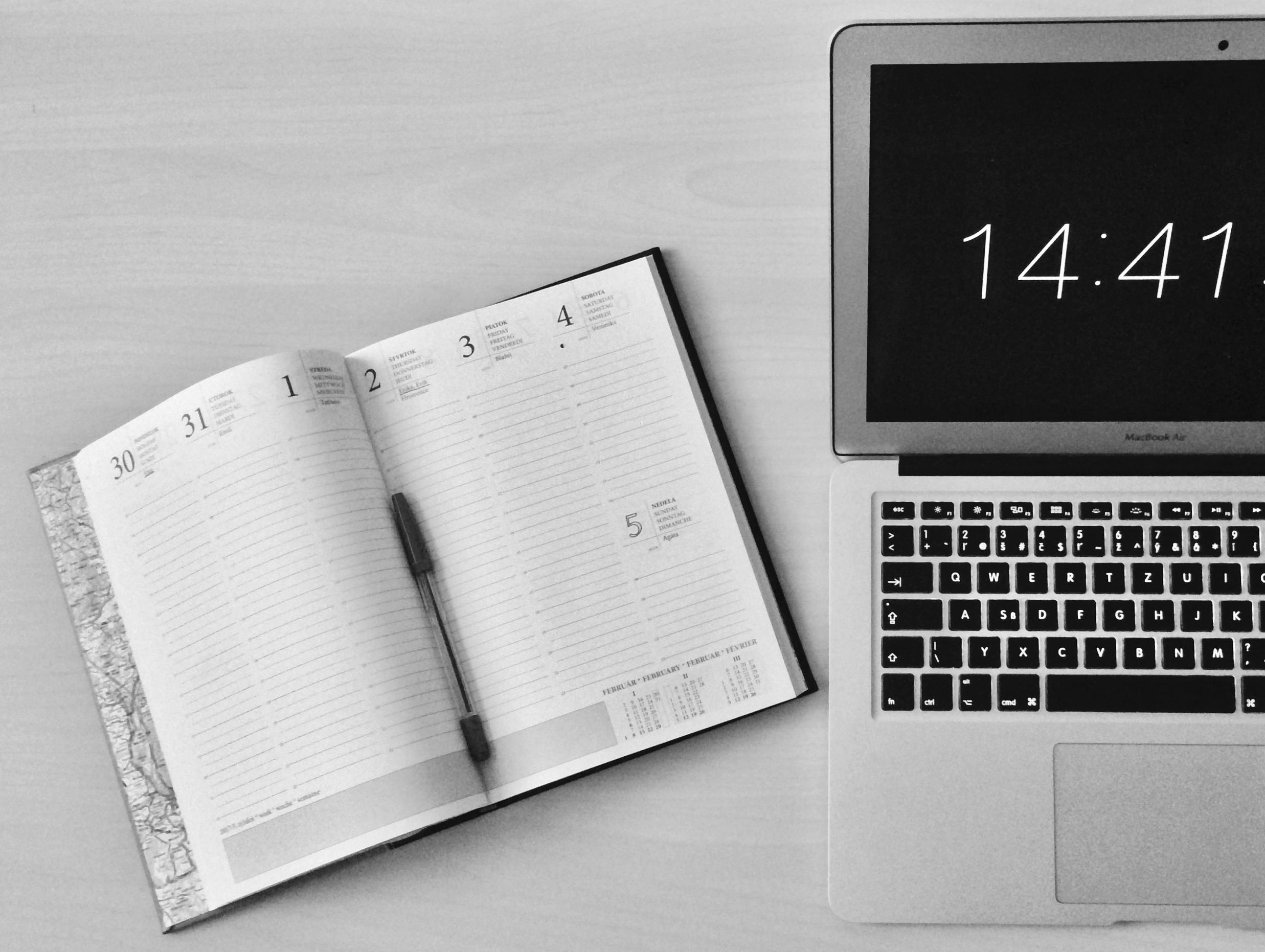How to Manage Time Effectively for Students
Table of Contents
Introduction
Time is one of the most precious resources students have, yet it often feels like there’s never enough of it. Between classes, assignments, extracurriculars, and personal life, managing time effectively can feel like trying to juggle a dozen balls at once. But here’s the good news: with the right strategies, students can master time management and achieve their goals with ease.

Why Time Management Is Crucial for Students
Effective time management is the backbone of academic success. It helps students stay organized, reduce stress, and achieve more in less time. Think of it as a superpower that boosts productivity while ensuring you don’t burn out.
Common Challenges Students Face with Time Management
From procrastination to unexpected distractions, students often encounter hurdles that throw their schedules off track. Understanding these challenges is the first step toward overcoming them.
Setting the Foundation for Effective Time Management
Understanding Your Priorities
Not all tasks are created equal. Start by identifying what’s most important and urgent. Use tools like the Eisenhower Matrix to categorize tasks and focus on what truly matters.
Identifying Time-Wasters
Scroll-stopping social media apps, binge-worthy TV shows, and endless chatting with friends—these are the culprits that steal precious hours. Recognize them and set limits to reclaim your time.
Tools and Techniques for Time Management
Using a Planner or Calendar
A planner is your best friend for time management. Whether you prefer the old-school charm of a paper planner or the sleek functionality of digital tools, pick one and stick to it.
Physical vs. Digital Planners
While physical planners offer tactile satisfaction, digital planners sync across devices and send reminders. Choose based on your lifestyle and preferences.
The Pomodoro Technique
This popular method involves working for 25 minutes and then taking a 5-minute break. It’s a great way to maintain focus and prevent burnout.
Time Blocking for Focus
Time blocking involves assigning specific tasks to fixed time slots. It’s like creating a meeting schedule, but for your personal productivity.
Creating a Balanced Schedule
Allocating Time for Study, Rest, and Leisure
Balance is key. Dedicate time for academics, ensure you get enough rest, and don’t forget to enjoy hobbies and downtime.
Setting Realistic Goals
Avoid overloading your schedule. Be realistic about what you can achieve in a day and celebrate the small wins along the way.
Avoiding Procrastination
Understanding Why Students Procrastinate
Fear of failure, perfectionism, and lack of motivation are common reasons behind procrastination. Recognizing these triggers can help you address them.
Strategies to Overcome Procrastination
Break tasks into smaller steps, use deadlines to create urgency, and start with the easiest part of a task to build momentum.
Staying Consistent with Your Schedule
Building Habits for Long-Term Success
Consistency is the secret ingredient to success. Develop habits like studying at the same time daily to make time management effortless.
Adapting When Things Don’t Go as Planned
Life happens, and plans change. Learn to adjust without guilt and get back on track as soon as possible.
Tips for Staying Motivated
Celebrating Small Wins
Every completed task is a step closer to your goals. Reward yourself for milestones, no matter how small they may seem.
Finding Inspiration to Stay on Track
Whether it’s a vision board, motivational quotes, or a supportive friend, find what keeps you inspired and use it to fuel your journey.
Conclusion
Mastering time management isn’t about cramming more into your day—it’s about working smarter, not harder. By setting clear priorities, using effective tools, and staying consistent, students can take control of their time and achieve their goals with confidence.
FAQs
What is the best time management tool for students?
Digital planners like Google Calendar and apps like Notion are excellent for tech-savvy students, while physical planners work great for those who prefer writing things down.
How can students avoid distractions while studying?
Use techniques like the Pomodoro Technique, and eliminate distractions by silencing notifications and creating a dedicated study space.
How much time should students dedicate to studying daily?
It depends on individual goals and schedules, but 2–3 hours of focused study daily is a good starting point.
Is multitasking effective for students?
No, multitasking often reduces efficiency and focus. It’s better to concentrate on one task at a time for maximum productivity.
How can students manage time during exams?
Plan ahead, prioritize revision topics, and use a combination of time blocking and regular breaks to avoid burnout.





